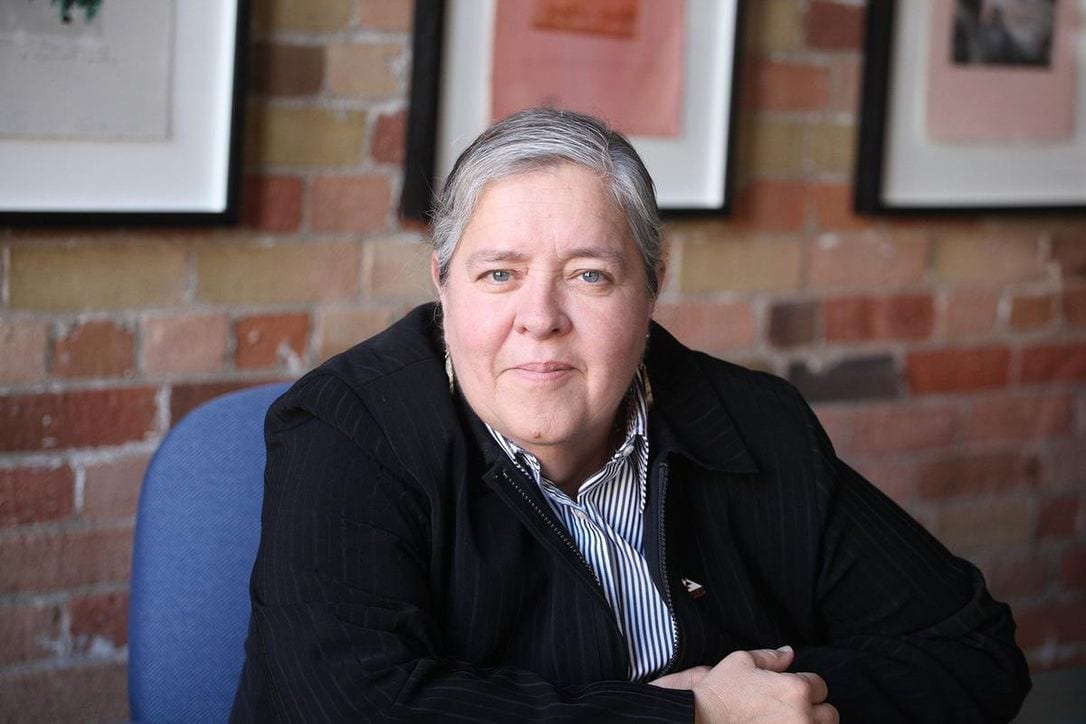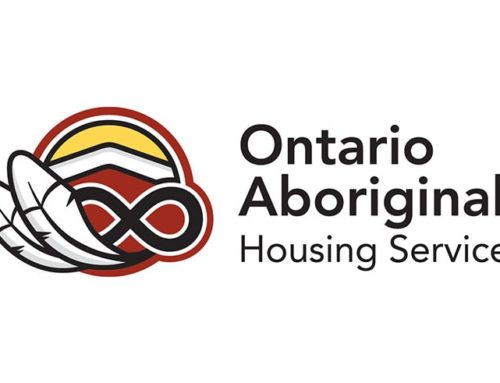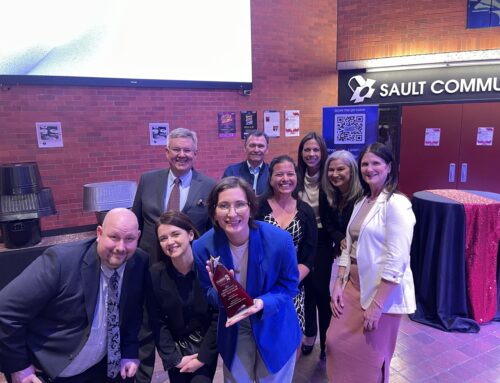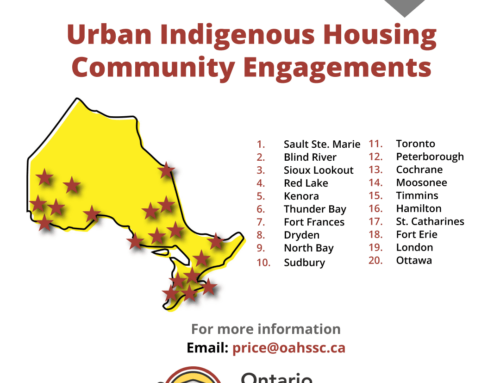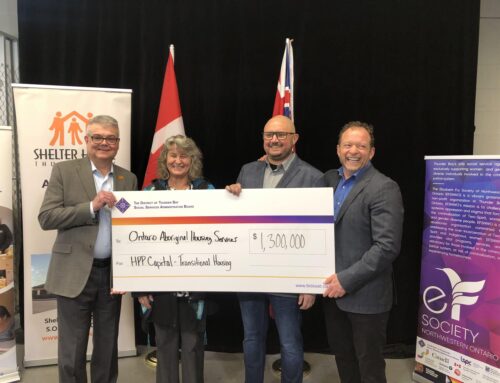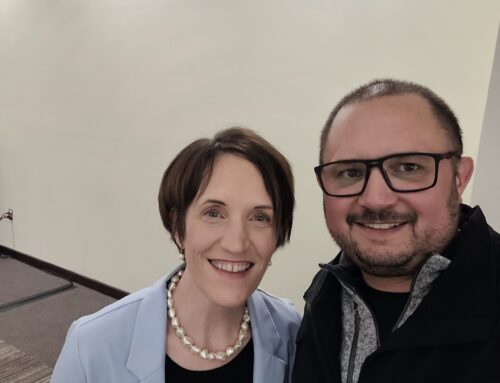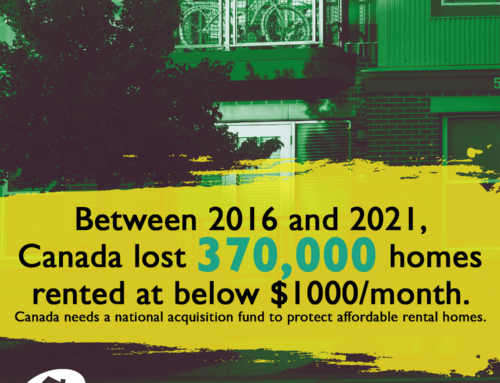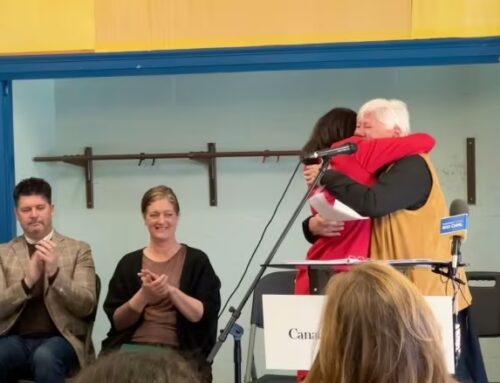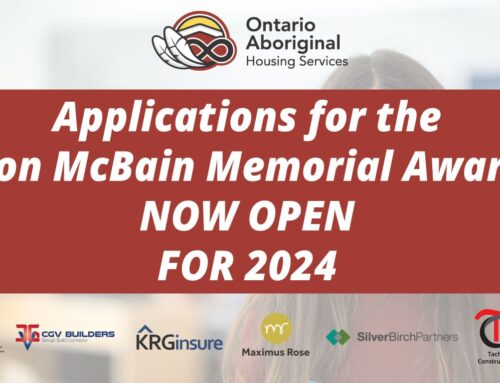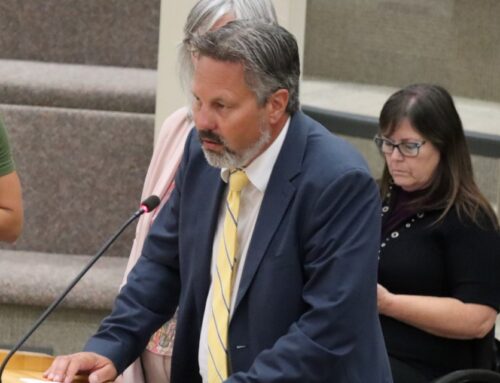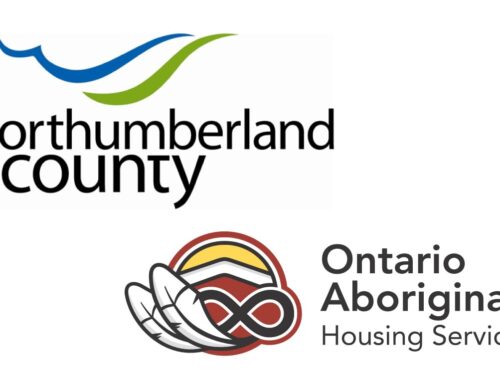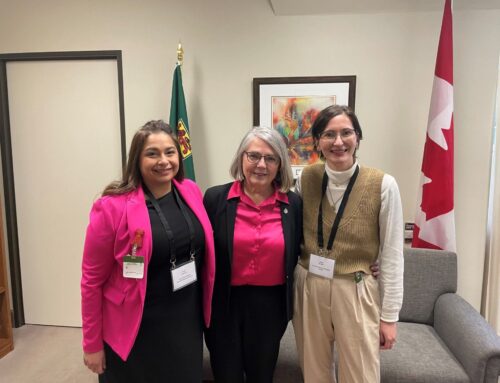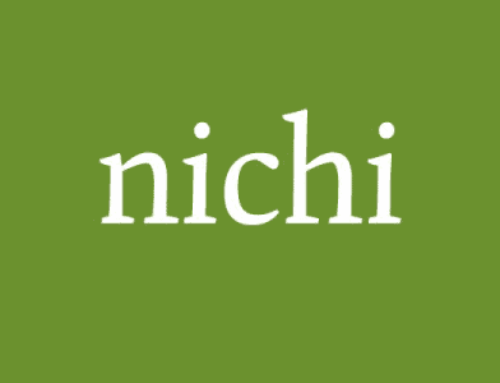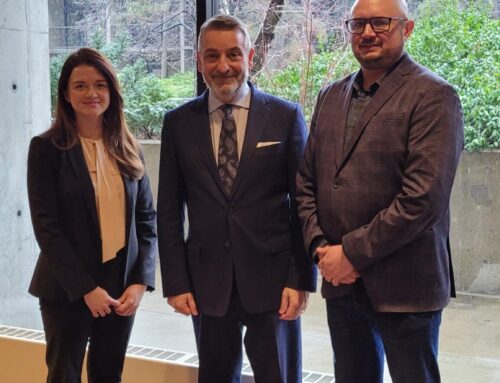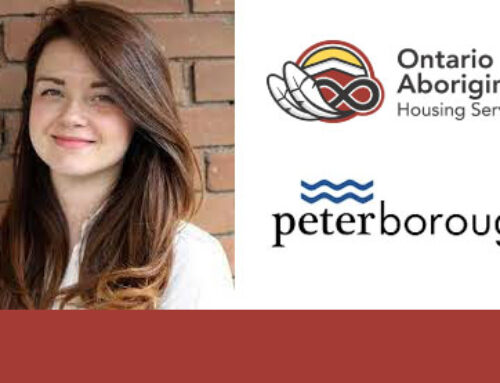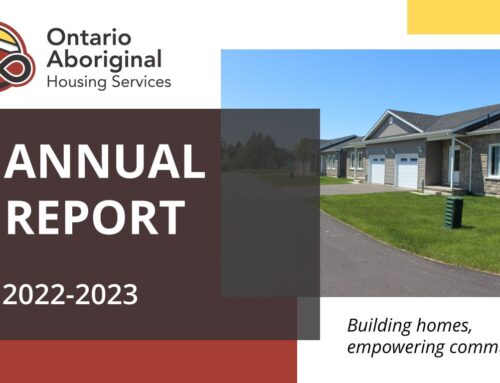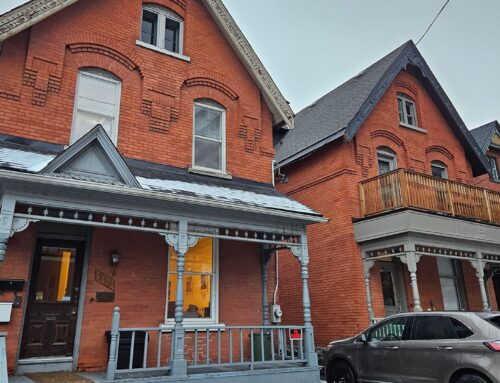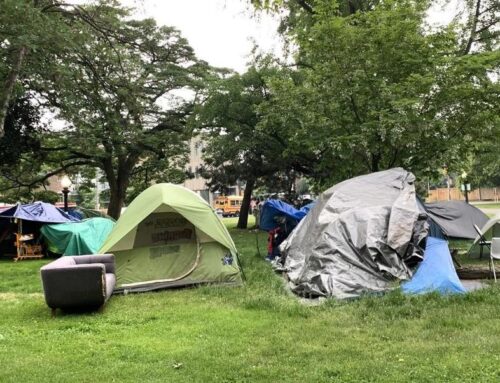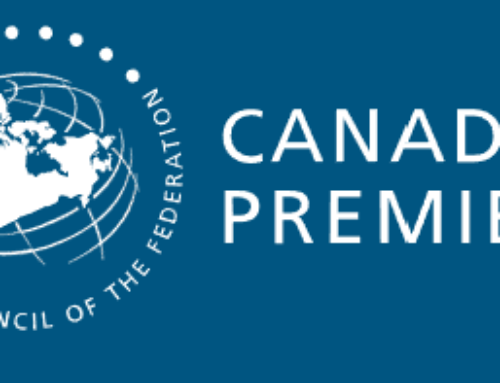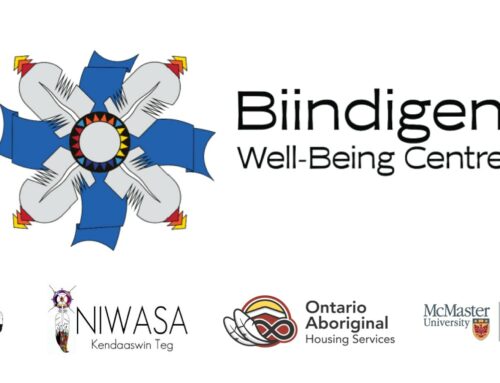Published on April 1, 2022 by The Toronto Star
The current approach to funding Indigenous housing has “demonstrably failed” households living in urban, rural and northern areas, the federally appointed National Housing Council says — using its first recommendations to the government to pitch a countrywide overhaul.
In its report Thursday, the council narrowed in on the current approach, with funding being allocated based on which First Nations, Inuit or Métis community an organization serves.
That strategy just wasn’t working for Indigenous people living outside of reserves, Métis settlement areas or Inuit Nunangat, the council wrote — noting that such households may have been displaced from their communities, and may not identify with any distinct group.
It calls for the creation of a new decision-making body, which it envisions as working alongside existing programs to create safe and affordable housing for Indigenous people outside of those siloes.
“People disconnect from their communities, or they were raised in care and they’re not sure who they are, or their family went to residential school,” said Sylvia Maracle, a Mohawk from Tyendinaga territory who lives in Toronto and chairs the council’s working group on urban, rural and northern Indigenous housing.
Particularly in urban areas, the council said Indigenous service providers would often work with whoever crossed their doorstep, regardless of a person’s precise heritage. To get funding, though, it said those groups often wound up “artificially putting themselves into boxes.”
Ontario is in a better position than most provinces and territories, Maracle said, with the report noting it had a provincial body to “co-ordinate and deliver” on Indigenous housing in urban, rural and northern areas. But Thursday’s report envisions a new system that Maracle believes could more effectively and proportionately fund projects in those communities countrywide.
The idea is to create an Indigenous-led body, unattached to any political representative bodies, federal departments or agencies. The council estimates a start-up cost of $300 million, while calling for $6 billion over two years to increase, repair and maintain Indigenous housing.


